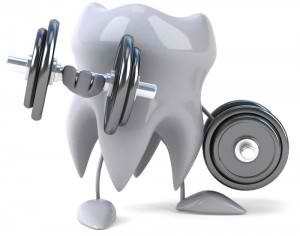Dental care should not be neglected and must be continually practiced by each of us. .
Apparently, not all of us are capable enough to do this. Many individuals lack knowledge about the negative effects of dental problems towards the entire health of the body. By reading the tidbits below you might want to think twice about neglecting dental care.
Many overall health issues today are linked to bad oral hygiene including: diabetes, heart disease and stroke. But with a healthy lifestyle and proper dental care you can hinder issues like these to occur.
Some things you can do to help yourself are: eating nutritious foods, exercising, and practicing appropriate oral hygiene. This includes daily brushing and dental flossing.
When our mouth consumes food our teeth are exposed to traces of sugar. As this happens oral bacteria builds up. As a result this causes dental problems which can then create a substance known as plaque to build up.
Dental plaque is like a sticky film all around your teeth. This can cause a handful of dental issues such as: tartar buildup, bad breath, dental abscess, periodontal disease and tooth loss.
If left unchecked, the infection continues to affect all the vital areas of the mouth – which can then cause bad things to occur around the rest of the body.
For example, one of the common effects of bad dental problems is dementia.
Dementia is the loss of cognitive ability. This disease is often tagged along with aging which affects the memory of a person. Besides that, this burden comes with diminished attention and language. Studies proved that there are links between dementia and tooth loss. This is verified by a number of researches who found that the majority of individuals who suffer from tooth loss below the age of 35 are also afflicted by dementia.
Also, studies showed that lung disease has a relationship with periodontal disease which is another bad oral condition.
Good dental hygiene can save your life. This process involves brushing and flossing your teeth once or twice per day. Regular dental checkups should also be done twice per year.